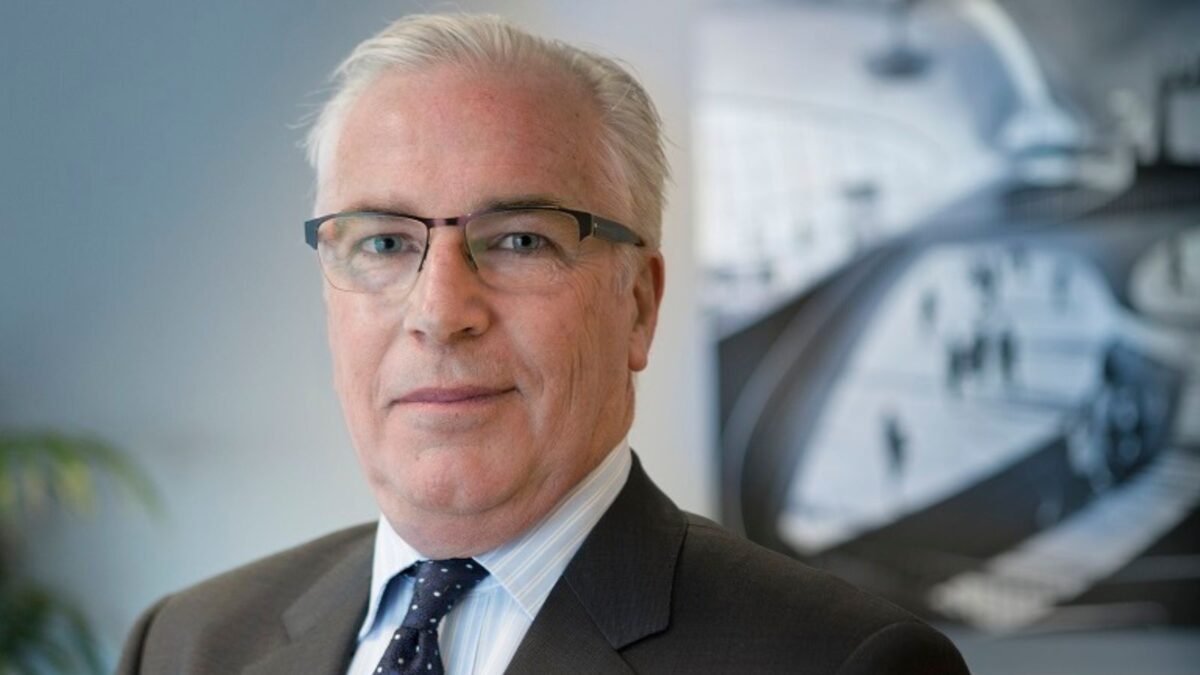Tech market concentration a repeat of dot com bubble: Pzena
For those who think this time it’s different, Rich Pzena has a sober warning.
The value investor says the concentration of tech companies in the US, led by the ubiquitous ‘Magnificent Seven’ tech stocks Alphabet, Amazon, Apple, Meta Platforms, Microsoft, NVIDIA and Tesla, is showing the same characteristics as the internet bubble that led to the ‘tech wreck’ or ‘dot com crash’ that peaked in March, 2000.
While believers point out that the technology companies at the centre of these stock surges are vastly different than those being backed 25 years ago – in other words hyped up, speculative stocks rather than the robust, entrenched businesses we see today – Pzena believes this is flawed reasoning.
“The market that we’re experiencing right now is very sad,” the founder of the New-York based, US$63.1 billion Pzena Investment Management said at the Lonsec Symposium in Sydney.
“It’s similar, or almost identical to the internet bubble in 1998, and 1999, and people like to explain that away by saying back then there were only money-losing businesses that didn’t really have a business plan, and they had crazy valuations, and today we have these great giant franchises that are profitable. But that’s just wrong.”
Pzena gave the example of Cisco, which became the most valuable company in the world in 1999 when the routers and switches it made became integral components of early internet architecture. Over time, competition and alternative technology, including the emergence of cloud computing, saw its value drop dramatically.
“As a value investor we had two years of zero performance,” he recalled, “while the S&P was up 30 per cent each of those two years. A woman came into my office and sat down and said: ‘My grandmother’s a better investment than you are. All you have to do is buy Cisco. Everybody in the world has figured this out except for you, and you’re just stumbling.”
The disconnect is not so much about the companies themselves, he believes. It wasn’t then, and it isn’t now. The disconnect is about their valuations.
“Cisco was the Nvidia,” he continued. “Cisco hit $500 billion dollars in market cap, the first time that ever happened in history, and they were earning $1 billion dollars. The prospect that you could ever make a return buying that business for $500 billion was close to zero, because there’s no way the company could ever earn enough to get a double digit return and the market scope of the market wasn’t big enough. And we were enabling the internet, it was a massive new technology… Cisco was and is a great business, just like Nvidia is a great business and will be a great business. They’re just priced at levels that don’t make sense.”
Even Microsoft, he says – “everyone owns it, including value investors” – is priced at extreme levels. For a $3 trillion market cap’ business to grow 20 per cent per year for the next 20 years and justify its price, it would need its cloud division to expand at untold levels, he explained. “It’s an impossibility.”











